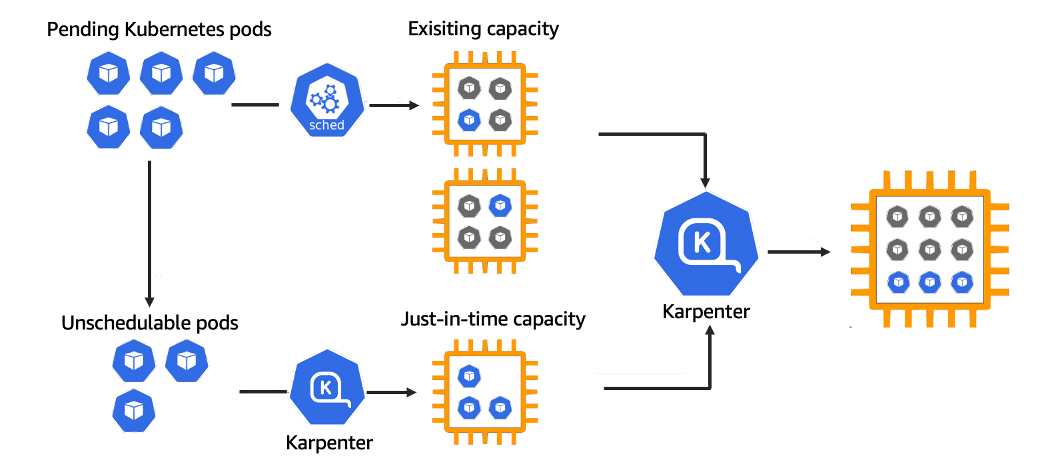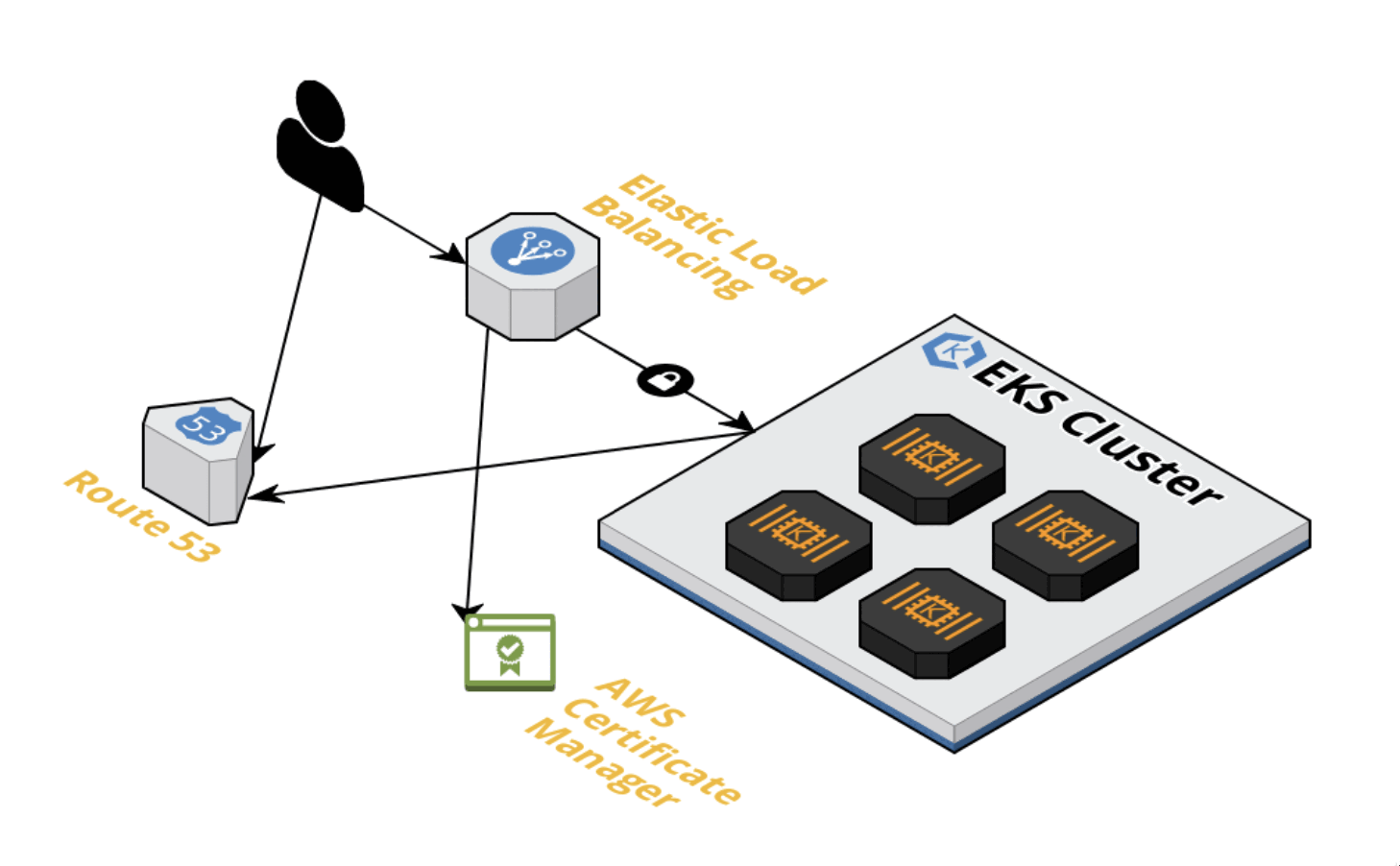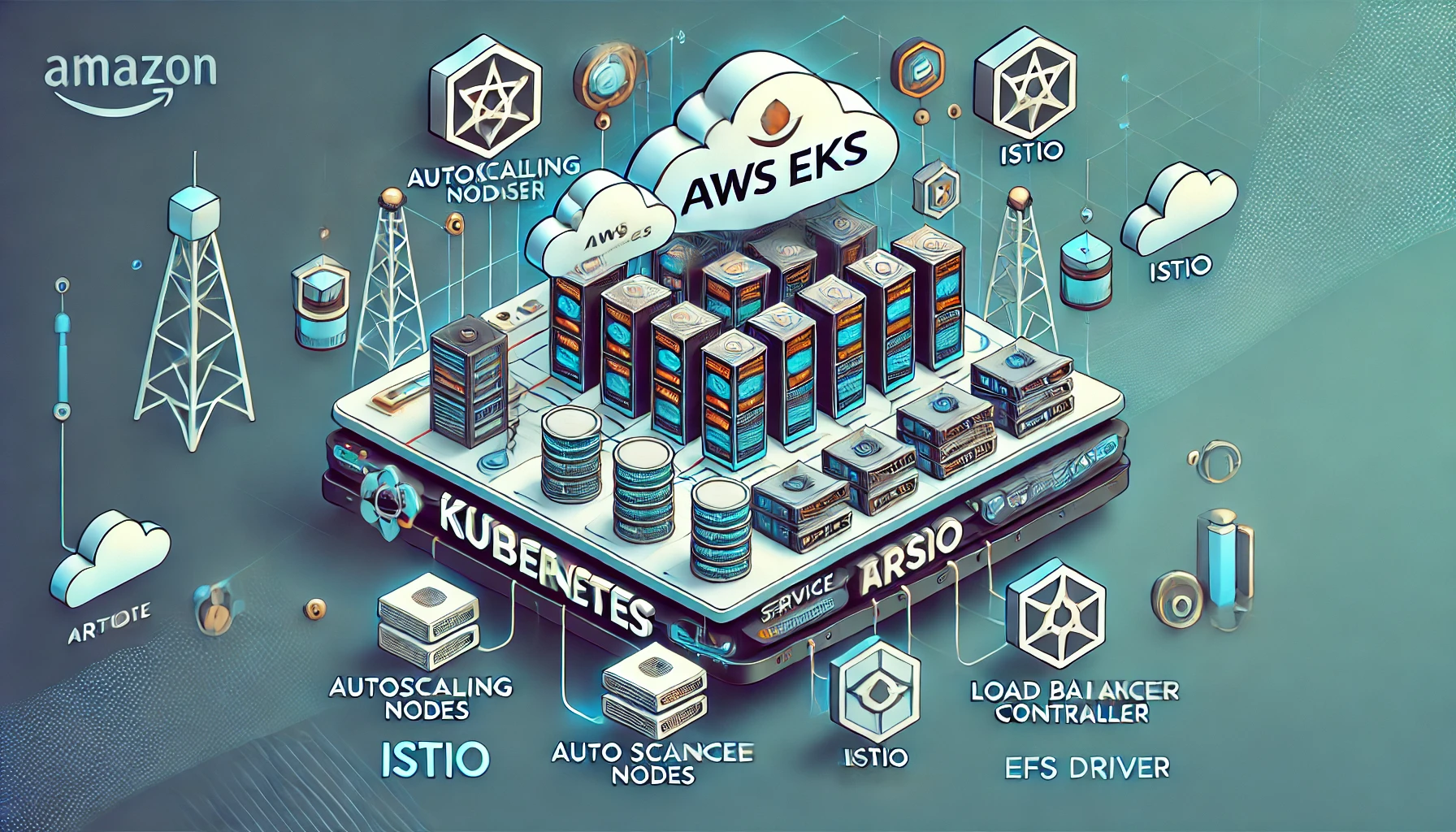EndeavourOS Linux I3 Setup
EndeavourOS is another Arch Linux based distribution. All worked out of the box and the installation was straightforward. On the other hand, EOS comes with an I3 setup option. I3 is a dynamic tiling window you can do everything using your keyboard, perfect for #productivity and to have a minimalist and very fast environment.

I installed Endeavors using the installer from the live environment with encryption on the disk, swapping for hibernating with a few clicks, and so on. EOS + I3 is an excellent combination, after testing Manjaro, Arch, Debian, and Fedora. I feel confortable with this setup. In brief EOS + I3 is an excellent combination to have an amazing environment to use every day.







